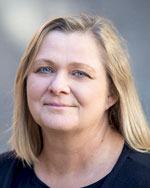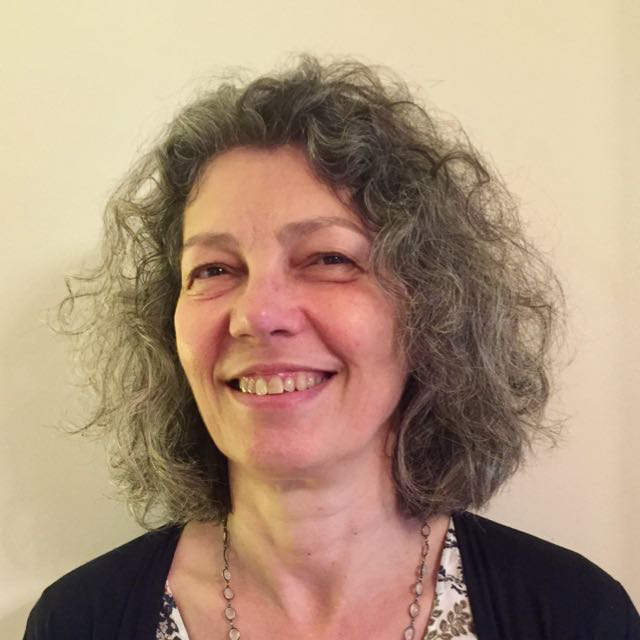Webinar
Growing Up on Screens
Rethinking How Children Mature In a Digital Age
Supporting parents, educators, and policymakers
Thursday, 17 June 2021
17:30–18:45 CEST
Please Note: This online public event is free and open to all, but pre-registration is required. By registering, you agree that your contribution can be recorded and made available online and that the DIGYMATEX Project can send you notifications.
This webinar is organised by the EU-funded DIGYMATEX Project.
Growing Up On Screens – Rethinking How Children Mature In a Digital Age
Children today spend a lot of time on mobile devices from a very early age.
We know that the technologies we use influence brain development and behavior, but in what ways?
Are they helping or hindering Children in their growth and maturity?
Becoming a ‘mature’ human is about more than the biological ability to survive and reproduce. To thrive, young people need to be nurtured and socialized.
Psychologists typically refer to three dimensions of individual ‘maturity’:
1) The ability to function adequately on one’s own
2) The capacity to interact adequately with others
3) The capacity to contribute to social cohesion
What does this maturation process look like in a world where young people live enormous portions of their lives on digital devices? What is digital maturity?
How can parents, educators, and policymakers assess and nurture digital maturity in the young people they care about and love?
At our webinar on June 17 at 17.30 CEST, three world-renowned specialists in child/adolescent development will share their thoughts on these questions and more.
Speakers

Mary Helen Immordino-Yang (University of Southern California)
Prof. Mary Helen Immordino-Yang is a Professor of Education, Psychology and Neuroscience at the University of Southern California and Director of the USC Center for Affective Neuroscience, Development, Learning and Education (CANDLE). She studies the psychological and neurobiological development of emotion and self-awareness, and connections to social, cognitive and moral development in educational settings. Her work has a special focus on adolescents from low-SES communities, and she involves youths from these communities as junior scientists in her work. A former urban public junior high-school science teacher, she earned her doctorate at Harvard University in 2005 in human development and psychology and completed her postdoctoral training in social-affective neuroscience with Antonio Damasio in 2008.

Halla B. Holmarsdottir (Oslo Metropolitan University)
Prof. Halla B. Holmarsdottir is a Professor at the Department of Primary and Secondary Teacher Education, Faculty of Education and International Studies, Oslo Metropolitan University, Norway. Her research experience includes ethnographic fieldwork with children and young people as well as scientific coordination and collaboration in cross-national and interdisciplinary research teams. Her research draws on interdisciplinary approaches and includes research on the role of technology in the lives of children and young people, marginalization in education, social justice, language issues, gender, education and youth. This work has taken a central focus in looking at the way in which education and more specifically teacher education can contribute to providing competencies for democratic participation.

Sonia Livingstone (The London School of Economics and Political Science)
Sonia Livingstone DPhil (Oxon), OBE, FBA, FBPS, FAcSS, FRSA, is a professor in the Department of Media and Communications at the London School of Economics and Political Science. Taking a comparative, critical and contextualised approach, her research examines how the changing conditions of mediation are reshaping everyday practices and possibilities for action. Much of Sonia’s time these days is concerned with Children’s Rights in the Digital Age.Sonia has published 20 books on media audiences, especially children and young people’s risks and opportunities, media literacy and rights in the digital environment, including The Class: Living and Learning in the Digital Age (New York University Press, with Julian Sefton-Green). Her new book is Parenting for a Digital Future: How hopes and fears about technology shape children's lives (Oxford University Press), with Alicia Blum-Ross.
